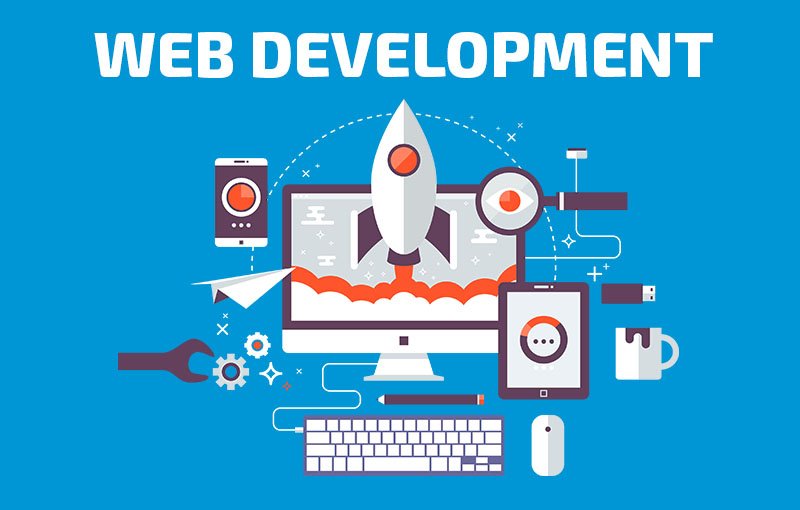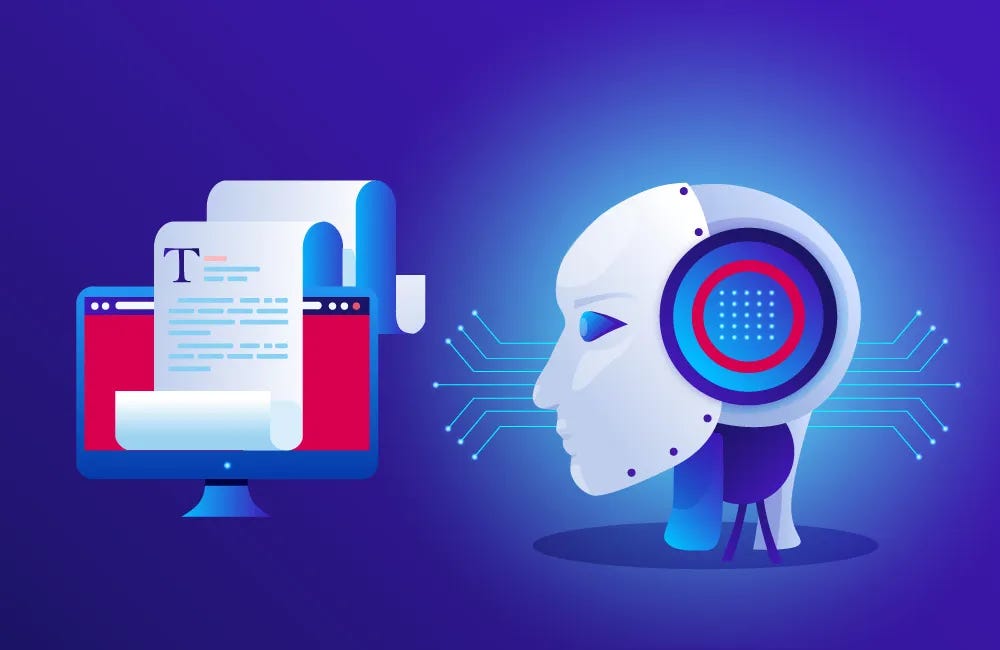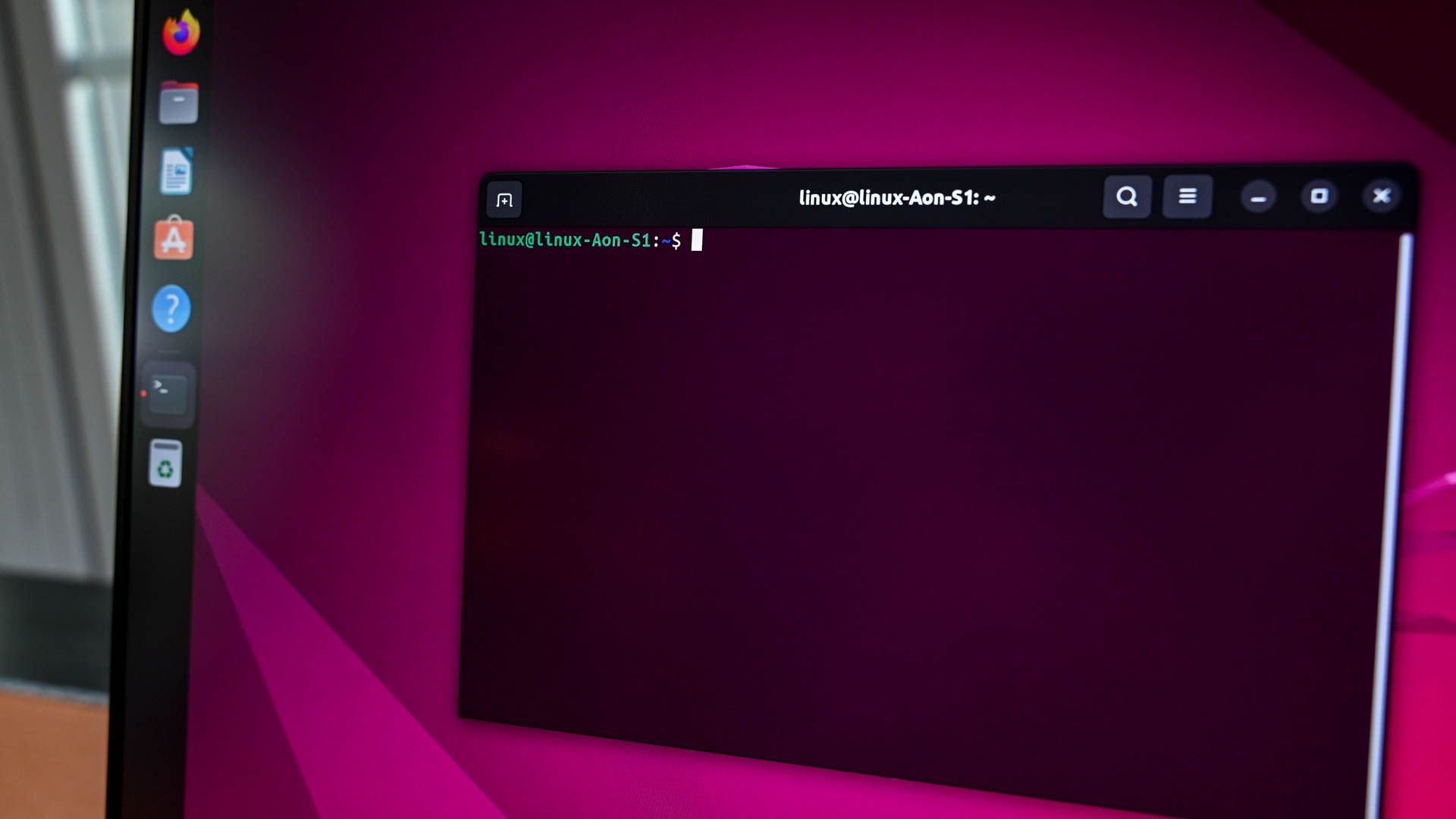So you want to become a web developer? Welcome to one of the most exciting and rewarding career paths out there. Whether you’re looking to switch careers, build your own projects, or just curious about how websites work, you’ve picked a great time to start learning.
The web development landscape has evolved dramatically over the past few years, and 2025 brings some fantastic opportunities for newcomers. Let me walk you through everything you need to know to get started on the right foot.
Why Web Development Right Now?
Here’s the thing – the demand for web developers isn’t slowing down anytime soon. Every business needs a web presence, and with AI tools making certain aspects easier, developers who understand the fundamentals are more valuable than ever. Plus, remote work is now the norm in tech, opening up opportunities worldwide.
But here’s what I love most about web development: you can see your work come to life immediately. Write some code, refresh your browser, and boom – there’s your creation staring back at you.
The Foundation: What You Actually Need to Learn
Let’s cut through the noise. While the web development world can seem overwhelming with its endless frameworks and tools, the fundamentals haven’t changed much. You need to master these three pillars first:
HTML (HyperText Markup Language) is your content structure. Think of it as the skeleton of every webpage. You’ll learn how to create headings, paragraphs, links, images, and forms. It’s surprisingly intuitive once you get the hang of it.
CSS (Cascading Style Sheets) makes everything look good. This is where you’ll spend time making your websites beautiful, responsive, and user-friendly. In 2025, CSS has become incredibly powerful – you can create animations, complex layouts, and responsive designs without breaking a sweat.
JavaScript brings interactivity to your sites. This is where the magic happens – handling user clicks, updating content dynamically, and creating engaging experiences. JavaScript has evolved into a powerhouse that runs everywhere, not just in browsers.
The Modern Learning Path
Gone are the days when you needed to memorize every CSS property or JavaScript method. In 2025, successful developers know how to leverage AI assistants, use developer tools effectively, and understand when to use different approaches.
Start with HTML and CSS together – they’re best friends and you’ll use them constantly. Build simple projects like a personal portfolio or a recipe page. Don’t worry about making them perfect; focus on understanding how things work.
Once you’re comfortable with the basics, JavaScript becomes your next adventure. Start with simple interactions – maybe a button that changes colors or a form that validates input. The key is building lots of small projects rather than trying to create the next Facebook on day one.
Tools That Will Make Your Life Easier
Visual Studio Code remains the go-to editor for most developers. It’s free, powerful, and has extensions for everything you could imagine. Install it and never look back.
Git and GitHub are essential for managing your code and showcasing your work. Think of Git as a time machine for your projects – you can always go back to previous versions if something breaks.
Browser Developer Tools are your debugging best friend. Every modern browser has built-in tools that let you inspect, modify, and debug your code in real-time. Learn to use them early.
The Framework Question
Here’s where things get interesting. Everyone will tell you to learn React, Vue, Angular, or the framework du jour. My advice? Master vanilla JavaScript first. Frameworks come and go, but understanding core JavaScript will serve you for decades.
That said, once you’re solid with the fundamentals, React remains a safe bet for job opportunities. It’s been dominant for years and shows no signs of slowing down. Next.js has become the go-to choice for React applications, offering great developer experience and performance out of the box.
For those interested in full-stack development, Node.js lets you use JavaScript on the server side too, which means less context switching between languages.
Backend Basics You Should Know
Even if you want to focus on frontend development, understanding how the backend works will make you a more effective developer. You don’t need to become a backend expert, but knowing the basics of databases, APIs, and server architecture helps tremendously.
REST APIs are still the standard way applications communicate. Understanding how to fetch data from APIs and handle responses is crucial for any modern web application.
AI and Web Development in 2025
Let’s address the elephant in the room – AI tools like GitHub Copilot, ChatGPT, and Claude (that’s me!) are changing how developers work. Rather than replacing developers, these tools are making us more productive.
Use AI as your coding assistant, but don’t rely on it completely. Understanding the code you’re writing is still essential. AI can help you learn faster by explaining concepts, suggesting solutions, and catching errors, but critical thinking and problem-solving skills remain irreplaceable.
Building Your Portfolio
Your portfolio is your ticket to landing that first job. Focus on quality over quantity – three well-built, fully functional projects are better than ten half-finished ones.
Include projects that show different skills: a responsive website (HTML/CSS), an interactive application (JavaScript), and something that demonstrates your problem-solving abilities. Make sure each project has a clear description of what it does and what technologies you used.
Don’t forget to deploy your projects! Services like Netlify, Vercel, and GitHub Pages make it incredibly easy to put your work online where potential employers can see it.
The Learning Resources You Need
freeCodeCamp offers an excellent, completely free curriculum that will take you from zero to job-ready. The projects are practical and the community is supportive.
MDN Web Docs is your reference bible. Whenever you need to understand how something works in web development, MDN has the answer with clear examples.
YouTube has countless excellent channels. Find instructors whose teaching style resonates with you and stick with them through complete courses rather than jumping around.
Twitter/X might seem like an odd learning resource, but following experienced developers gives you insights into industry trends, best practices, and real-world experiences.
Landing Your First Job
The job market for developers remains strong, but it’s become more competitive for entry-level positions. Here’s how to stand out:
Contribute to open source projects – it shows you can work with existing codebases and collaborate with other developers. Start small with documentation fixes or minor bug fixes.
Network with other developers through local meetups, online communities, and social media. The tech community is generally welcoming to newcomers who show genuine interest and effort.
Practice coding interviews, but don’t obsess over them. Many companies now focus more on practical skills and cultural fit than abstract algorithmic challenges.
Staying Current Without Burning Out
The web development world moves fast, and it’s easy to feel like you’re falling behind. Here’s the secret: you don’t need to learn every new technology that comes out. Focus on mastering the fundamentals and then selectively adopt new tools that solve real problems for you.
Follow a few trusted sources for industry news, but don’t feel pressured to jump on every new trend. Many “revolutionary” new frameworks fade away, while the core technologies remain stable.
Common Beginner Mistakes to Avoid
Don’t skip the basics to jump straight into frameworks. I’ve seen too many developers who can use React but struggle with vanilla JavaScript fundamentals.
Avoid tutorial hell – the endless cycle of watching tutorials without building anything yourself. Set aside time for hands-on practice with every concept you learn.
Don’t try to make everything perfect from the start. Your first projects will be messy, and that’s completely normal. Focus on making them work first, then improve them over time.
The Reality Check
Learning web development takes time – usually 6-12 months of consistent effort to become job-ready. There will be days when nothing works, error messages make no sense, and you question whether you’re cut out for this. Every developer has been there.
The key is persistence and building a habit of daily practice, even if it’s just 30 minutes. Small, consistent progress beats intense weekend coding sessions followed by weeks of nothing.
Looking Ahead
Web development in 2025 is more accessible than ever, but it still requires dedication and continuous learning. The good news is that once you master the fundamentals, picking up new technologies becomes much easier.
The industry continues to evolve toward better user experiences, improved performance, and more accessible web applications. Developers who understand these principles and can implement them effectively will always be in demand.
Your Next Steps
Ready to start? Here’s your roadmap for the next month:
Week 1-2: Set up your development environment and build your first HTML/CSS project. Make it personal – maybe a page about your hobbies or a tribute to something you love.
Week 3-4: Add JavaScript interactivity to your project. Start simple with buttons that do something when clicked.
Month 2: Build a more complex project that combines everything you’ve learned. Maybe a simple calculator or a to-do list application.
Remember, every expert was once a beginner. The web development community is generally supportive of newcomers who show effort and enthusiasm. Don’t be afraid to ask questions, share your progress, and celebrate small wins along the way.
The journey might seem long, but I promise you – that moment when everything clicks and you build something you’re truly proud of makes all the effort worthwhile. Welcome to web development, and enjoy the ride!

With over 6 years of experience in the blogging world, I specialize in crafting engaging, informative, and SEO-optimized content across various niches including tech, digital trends, and online monetization. I thrive on staying ahead of industry trends, experimenting with new content strategies, and helping others grow their digital presence.



